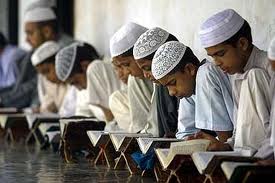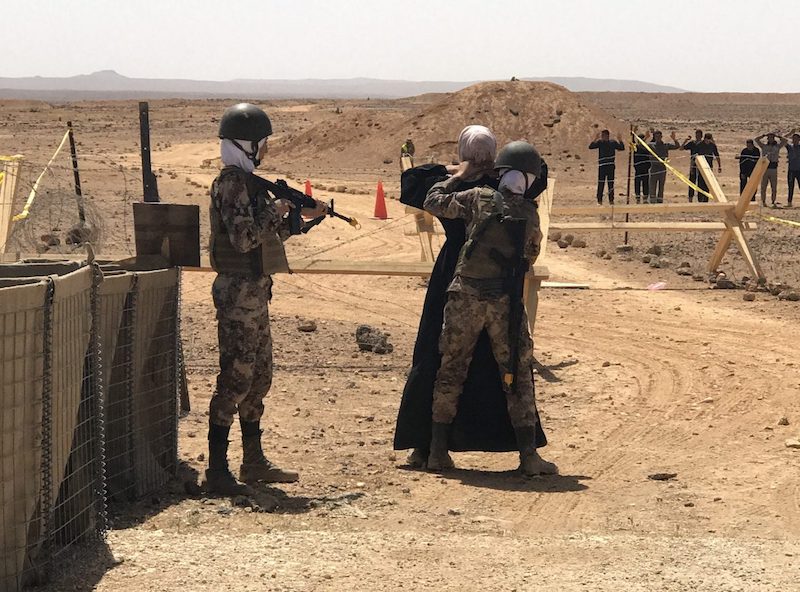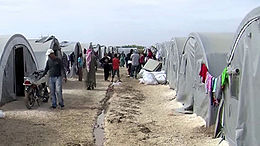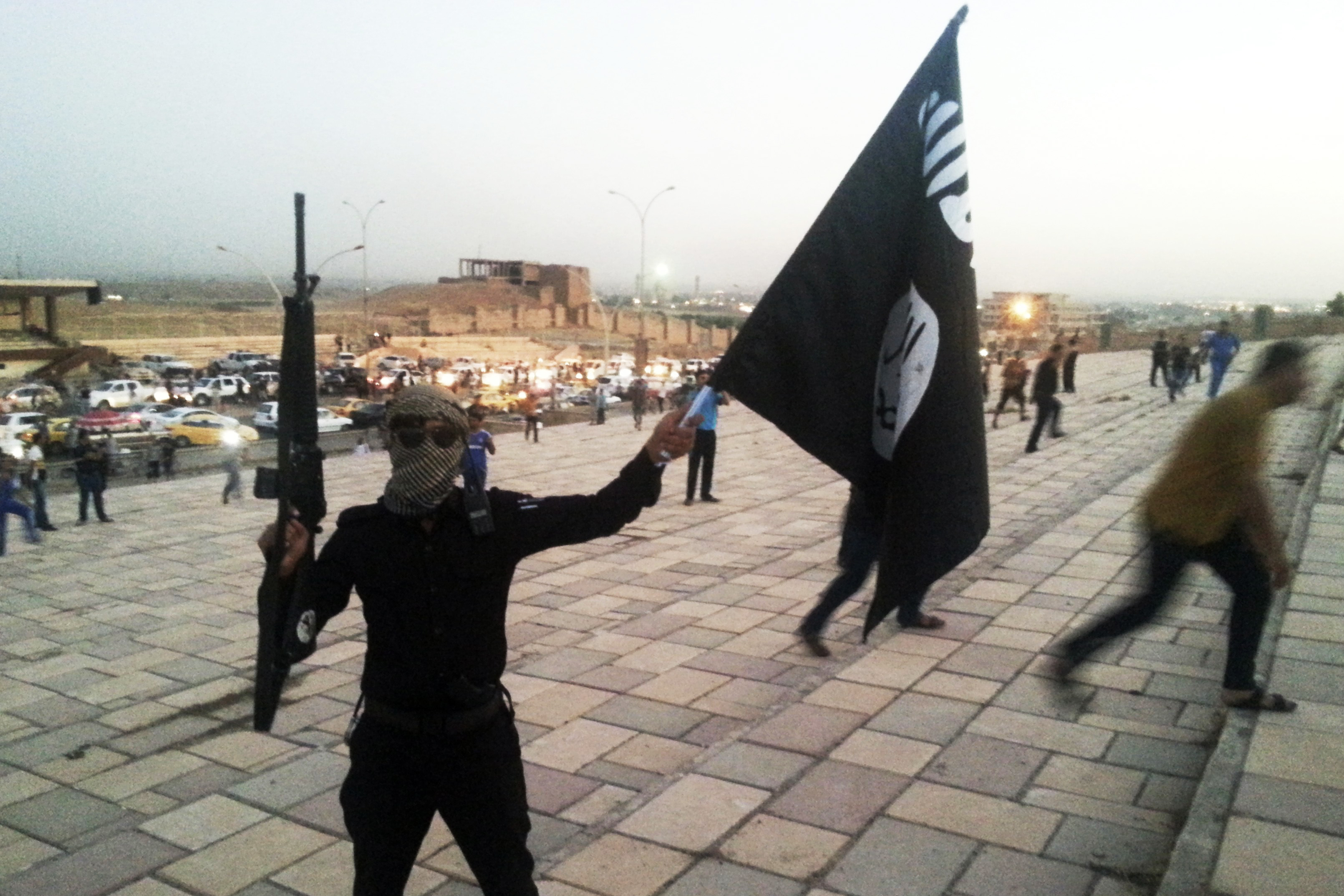In the twenty first century, the word “Madrasa” is associated with terrorism, fundamentalism and rote learning. In Mombasa, East Africa however, with the help of the Aga Khan Foundation’s Madrasa Resource Centre, located in Mombasa, Kenya, the Madrasas are beginning to take on their original meaning. “Madrasa” is the Arabic word for school.
Mombasa is usually known in the international community as a beach town that is home to some of the world’s most beautiful beaches and features tourists sun bathing in their bikinis. To get to these beaches, however, you drive past what some call the “real” Mombasa, the “downtown” area. Mombasa, as a town based on the port, has had generations of Arab traders pass through and settle, and this has led to its being a town with a very Muslim character today.
As a result of this, in the town and surrounding rural regions, there are several Muslim pre-schools. Previously, in these schools however, children were only being taught how to recite the Qur’an. This put them at a severe disadvantage when they joined primary state education as they could not read or do the other basic factors required of them. Over the last 20 years, however, the Madrasa Resource Centre, has identified such schools, and trained the teachers in a new integrated nursery curriculum that encompasses Maths, (a basic requirement of any student); English,(the language of the world); Kiswahili (the national language of Kenya); and Arabic (the language that afternoon Qur’an studies are taught in). This ensures Muslim children can integrate into State Education and also continue with their religious lessons in the afternoon. Arabic is included in the morning sessions to ensure that when children learn the Qur’an in the afternoon, they are understanding the meaning of what they are reading and not simply reciting it by heart. Children have now been able to easily assimilate into state primary education.
These schools have in fact become very popular. They are open to students who are not Muslim, and as they provide better education than other pre primary schools, they are well subscribed to. Parents do not object to the curriculum, which includes some religious aspects such as nursery rhymes that mention aspects of Muslim faith, as they feel that at the end of the day, religion provides ethical values that all children can benefit from. Secondly, teachers working at the schools earn a truly modest salary, but continue mainly because they believed they are doing God’s work, showing how Islam can still be a motivator for good and for the benefit of society.
[captionpix align=”left” theme=”elegant” width=”300″ imgsrc=”http://natoassociation.ca/wp-content/uploads/2013/09/madschool.jpg” captiontext=”Madrasa as an institute of education and growth “]
The effect of these schools is also having the effect of bringing back another core principle in Islam: the importance of educating women. Rural “school drives” are held where the organisation goes into an area that has been identified as being in need of education and holds a forum with members of the community. They highlight the fact that if you educate a girl, you have educated a household, and furthermore, that if a girl is not put through school, her childhood is taken away such that she becomes a woman, before she is ready. The majority of the teachers at the schools are also women again serving as a reminder that that the role of women in Islam is as important today as when the religion was born.
The project has proved successful because of the ingenious way in which it is funded, and also shows the commitment of the MRC to make the project work in the long run. The Madrasa Resource Centre, (MRC) has established the Association of Madrasa, Kenya (AMKE). This branch of the organisation aims to support schools and make them sustainable in a number of ways. Once a school has been through the Madrasa Resource Centre training in the new curriculum, they are given a graduating grant. Under the Association of Madrasa, Kenya (AMKE), the schools come together, pool their money and through AMKE buy a local property. From the rent that is generated, “dividends” are given to the individual schools for their day to day running. The condition for receiving these “dividends” however is that they must account for how they have spent their money by bringing receipts for everything they do.
Considering the negative press many things Muslim receive, this project has been instrumental in remedying that, and in many ways is bringing back the real Islam. It has reclaimed the role of the Madrasa as a place of learning and understanding; it has restated the importance of female education and women in society; and it is a place where people of different faith are welcomed. Finally, as an Aga Khan Foundation project, it is an example of one faction of Islam (Shia Ismailism) reaching out to another, (Sunni Muslim children) going back to what Islam was at its birth: pure and united.




